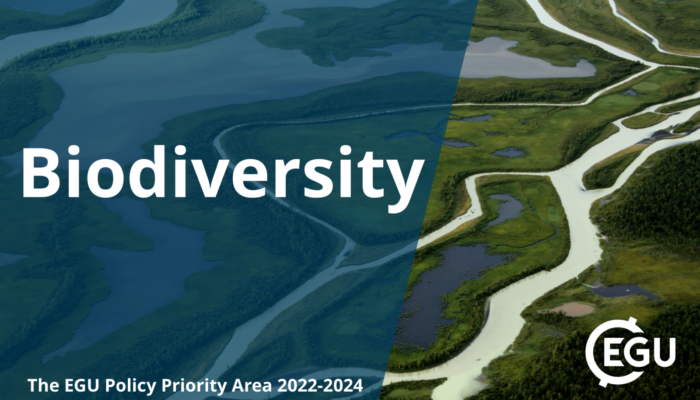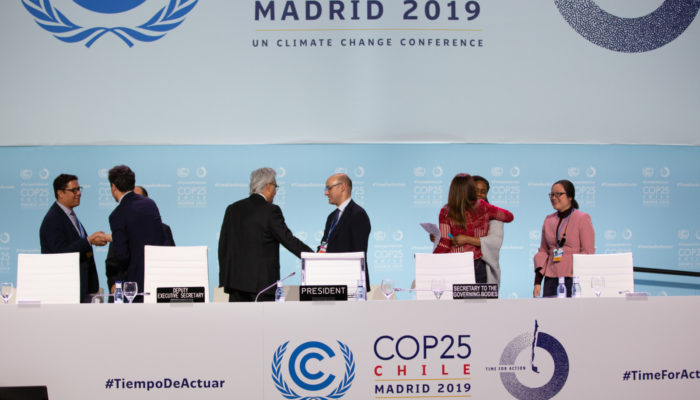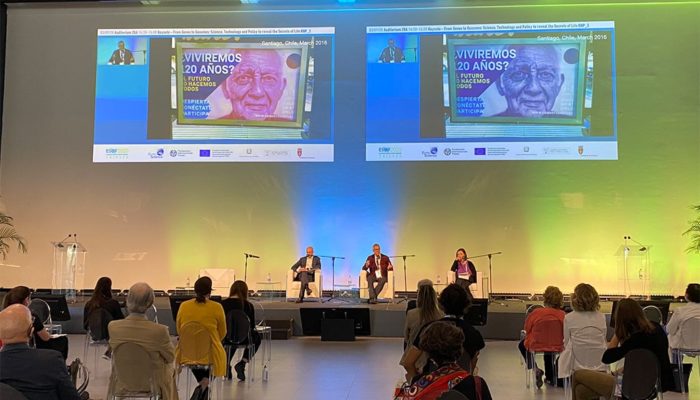This week EGU announced the launch of an open call for members of a new Biodiversity Task Force to help EGU interact with European policymakers through it’s official Policy Priority Area ‘Biodiversity’. But what is a policy Task Force? What kind of work is involved? And are you eligible to apply to be a member? We sat down with EGU Policy Manager Chloe Hill to talk about the rece ...[Read More]
The place of Biodiversity in EU Policy
Biodiversity is an essential component of life on Earth and of human society, and is now a primary focus area of the European Union with the EU’s Biodiversity Strategy for 2030 launched in 2020 as part of the European Green Deal. The Biodiversity Strategy has some extremely ambitious targets that will require new legislation and processes in a multitude of different areas that are related to the g ...[Read More]
GeoPolicy: What can we expect from COP26?
The 26th session of the Conference of the Parties (COP26) to the United Nations Framework Convention on Climate Change (UNFCCC) will take place from 31 October to 12 November 2021, in Glasgow, Scotland. With the exception of 2020, COPs are held annually and provide a space for world leaders to negotiate climate policies, targets, and the next steps that need to be take to reduce global emissions. ...[Read More]
GeoPolicy: Get involved in science-policy events this autumn!
Now that summer is over, policy events are back in full swing! With most events still being online, they are easily accessible and generally free of charge. The EGU has an External Science for Policy Events Calendar that lists upcoming policy-related events that are likely to be of interest to geoscientists. This can be a useful resource if you’re trying to find events that will introduce you to t ...[Read More]




